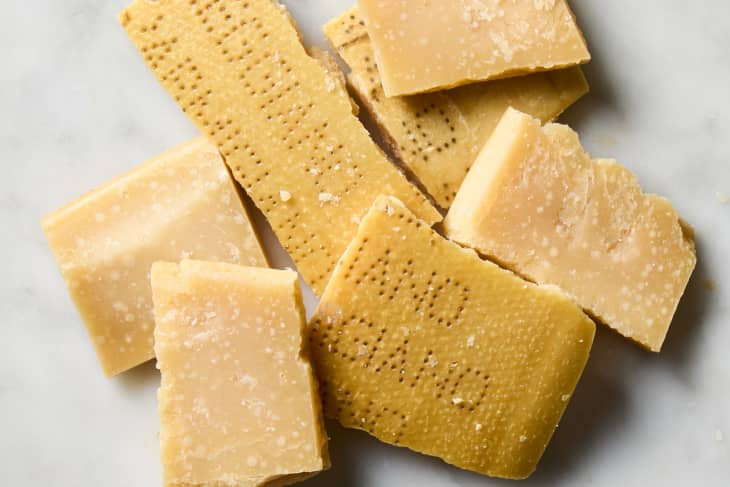Ultimate Guide to Cooking with Cheese: Tips, Tricks, and Fun Facts
Ultimate Guide to Cooking with Cheese: Tips, Tricks, and Fun Facts
Cheese is a beloved ingredient that elevates any dish, whether it's a classic mac 'n' cheese or a simple grilled cheese sandwich. However, there’s a lot more to cooking with cheese than just throwing it on top of your food. Here’s your ultimate guide to cheese, packed with tips and interesting facts that will make you a cheese master in the kitchen.
1. Freeze Before Grating
Grating cheese can be a mess if it’s too soft. To make the process easier and to avoid clumping, freeze your cheese for about 30 minutes before grating. This will give you perfect, finely shredded pieces that melt smoothly into your dishes.

2. Best Cheeses for Melting
If you want cheese that melts beautifully, go for varieties like Gruyère, Raclette or Mozzarella. These cheeses have a high moisture content, making them ideal for melting into gooey, stretchy goodness.

3. Cheeses That Won’t Melt
Some cheeses are made to hold their shape when heated, such as Feta,and Halloumi. These cheeses are perfect for grilling or frying and won’t turn into a puddle when exposed to heat.

4. Don’t Throw Away the Rinds
The rinds of certain cheeses, like Parmesan and Gruyère, are packed with flavor. Don’t toss them! You can throw them into soups or sauces to infuse them with deep, cheesy richness. Just be sure to remove the rind before serving.
5. Use Low Heat for Melting
When melting cheese, avoid using high heat. Cheese is delicate, and high temperatures can cause it to break down and separate. Use low to medium heat, and stir often to get that perfect smooth melt without the curdled mess.
6. Store Cheese Properly
Keep your cheese fresh by wrapping it in parchment or wax paper, then placing it in an airtight container in the fridge. This allows the cheese to breathe without drying out. Avoid plastic wrap, as it traps moisture and can cause the cheese to spoil faster.

Fun Fact: The Cheese Age
Did you know that cheese dates back over 4,000 years? It’s believed to have originated in ancient Mesopotamia, where milk curdled naturally, giving birth to the first cheese-making techniques.
Our Cheese Selection

